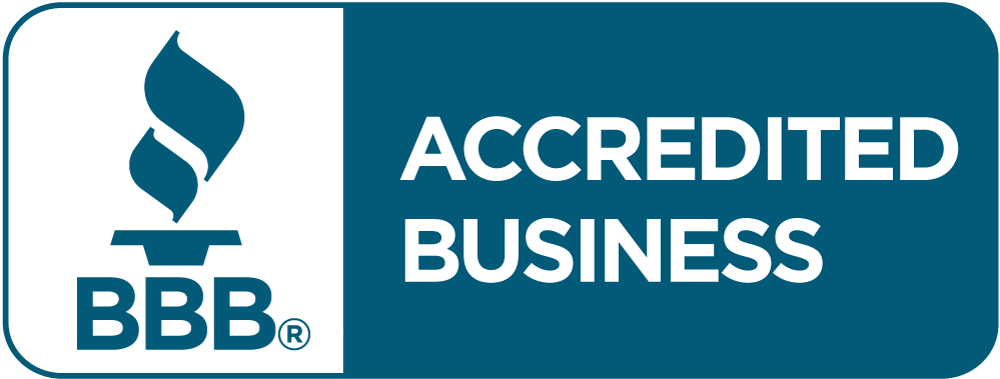The Dental Assisting National Board (DANB) recently featured an article on the 5 Ways Certification Jump-Starts Newer Dental Assistants’ Careers. At ACI Medical & Dental School, conveniently located in Eatontown, NJ, you can train to become a Dental Assistant with Radiology in under four months with certification by the DANB.
According to findings from their 2024 Dental Assistants Salary and Satisfaction Survey, here are five ways certification can help a new Dental Assistants’ career.
1. Higher Earnings
Certified Dental Assistants enjoy better earnings, with a median hourly rate of $26, compared to $22.50 for non-certified Dental Assistants—a difference of 15%! This gap is even more significant for those early in their careers. CDAs with just 1-2 years of experience earn over $5,000 more annually than their non-certified peers, averaging $23 per hour.
Dental Assistants who earn more are also more likely to feel satisfied in their roles. Fair compensation can be a key to career longevity, as higher wages are a major factor in job retention. Notably, among all Dental Assistants, a difference of $4 per hour often determines whether they feel fairly compensated or not.
2. More Benefits
Benefits like paid time off, holidays, retirement savings, and health and dental insurance are essential contributors to job satisfaction. Forty percent of Dental Assistants indicated that improved benefits could encourage them to stay in the field longer.
The good news is that CDAs are more likely to receive these workplace benefits. For example, 89% of CDAs have paid time off, compared to 79% of non-certified assistants. While each Dental Assistant values benefits differently, holding CDA certification can open doors to a more competitive benefits package.
3. New Career Opportunities
Securing a role as a Dental Assistant is an accomplishment, and CDA certification can expand opportunities for career advancement and increased wages. CDAs are seen as integral members of a dental team, taking on new roles and responsibilities, which can help keep them engaged in the field.
These expanded roles can include positions such as lead Dental Assistant, restorative functions, infection control coordinator, and more. With additional responsibilities often comes a pay boost, particularly for CDAs. For instance, certified lead Dental Assistants reported a median pay of $27 per hour—$2 more than their non-certified counterparts.
Beyond clinical roles, CDAs are more likely to move into office management or educator positions. While these roles may not be as hands-on, they leverage the skills and knowledge CDAs bring to the field.
4. Increased Job Satisfaction
Nearly two-thirds of Dental Assistants are satisfied or very satisfied in their jobs. Certified Dental Assistants report even higher satisfaction rates, with 65% feeling content compared to 55% of non-certified assistants.
Those in their first few years on the job report particularly high satisfaction. As newer assistants look to the future, certification offers pathways to higher pay, career advancement, and other rewards, making Dental Assisting a fulfilling career choice for years to come.
5. High Personal Achievement
Starting a career as a Dental Assistant can feel like a big step, but CDA certification helps newcomers showcase their knowledge and skills, instilling a sense of pride and confidence. Certification can also make candidates stand out when applying for jobs or seeking promotions, positioning them for greater success and recognition.
Want to learn more about how you can become a Certified Dental Assistant in just four months? Contact ACI Medical & Dental School today!








